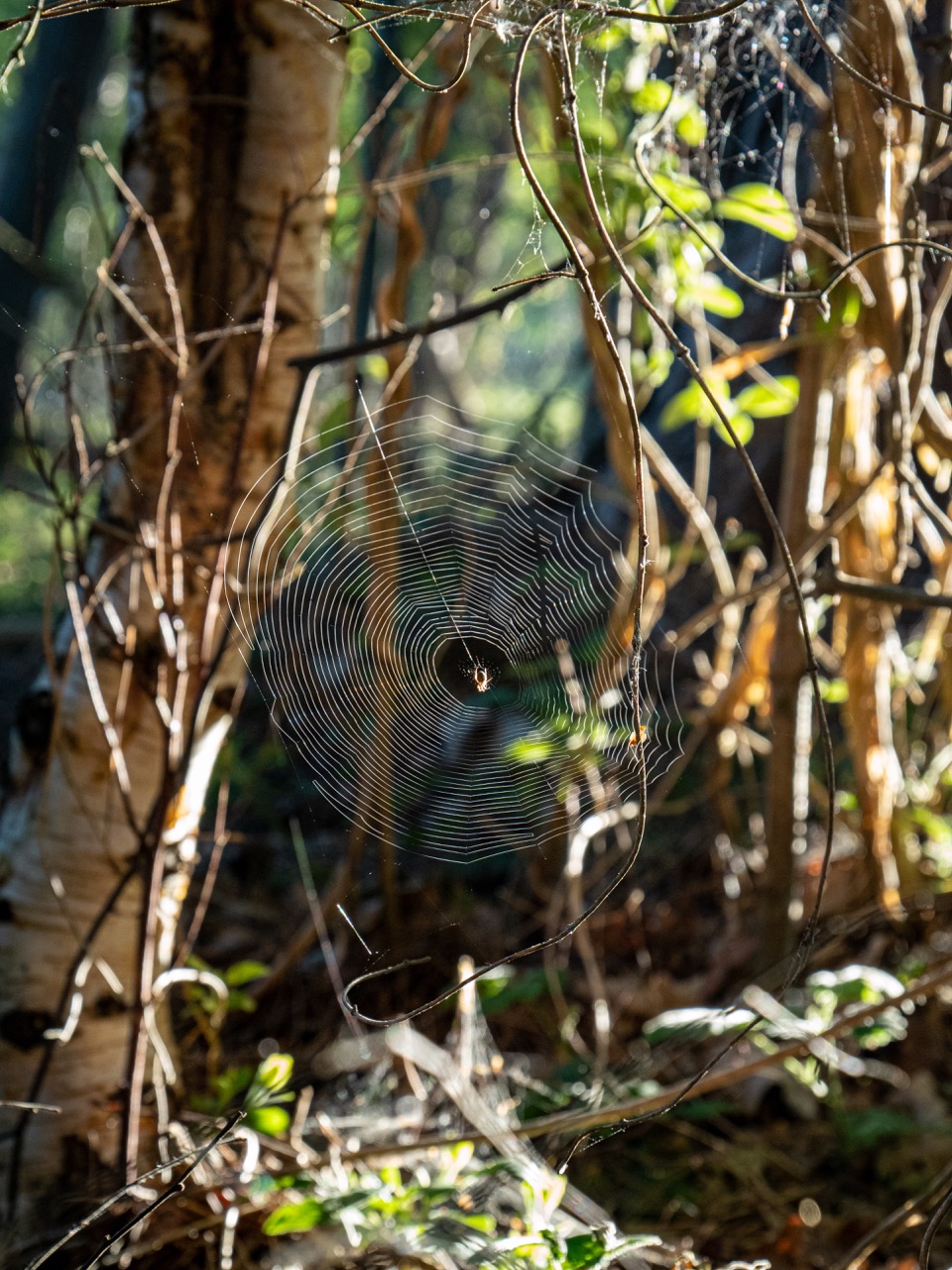
(Re)connect, (re)collect and (re)imagine childhoods for pluriversal politics
20-21 OCTOBER 2021
Call for papers
The Africa hub will soon gather online in Howspace to (Re)connect, (re)collect and (re)imagine childhoods for pluriversal politics and to promote meshworks of collectives and communities that “fight for lives of joy, meaning and dignity” and can weave together many possibilities for convivial societies (Escobar 2020, xxvi). This conference is part of a bigger project and conference. Over several years through autobiographic, autoethnographic, and collective biography research, this project has been writing alternative histories to inform current research and thinking about (post)socialist pasts, presents, and futures. Like a spiderweb, the conference will now spin its threads across the physical and virtual space, connecting our virtual Africa hub with hybrid local hubs in Tampere/Finland, Berlin/Germany, Atlanta/USA, and Hajdúböszörmény/Hungary. Through this conversation, we seek to connect disciplines, theoretical and methodological approaches in the humanities and social sciences, research and art, university and wider society across multiple geographical locations, and explore different historical eras through synchronous and asynchronous engagements around the conference theme. We also want to connect researchers, artists, activists and professionals in and beyond this conversation.
While European imperial powers that invaded, occupied, divided and colonized Africa during the scramble for Africa have all left, the legacy of colonialism continues through colonial thinking and the on-going influence of global extractive economies and military trade. The interests of imperial capitalist powers fashioned a particular notion of the modern child, mirroring the “human realities” of colonization (Cannella & Viruru, 2004, 4). The child functioned as “an index, a signifier of ‘civilization’ and modernity,” while at the same time remaining “the key arena in which to instill such civilization” (Burman, 2008, 77). Since nations started gaining independence, for the most part, leaders, experts, social workers and educators in Africa accepted modernist knowledge and discourses of development (both economic and human) as universal, subjugating Ubuntu philosophy. More recently, we can increasingly find calls for decolonial thinking in childhood research. This conference seeks to bring together researchers, artists and activists living and working in Africa, to illuminate how coloniality continues to use child as figure, define childhood and shape the experiences of children, youth, and caregiving and how we may work together to build a different future in which all can flourish.
The conference invites participants to engage with decolonial and new materialist theories and in particular the broad spectrum of theorists and activists motivated by what Escobar (2020) calls ‘pluriversal politics’ to promote meshworks of collectives and communities that “fight for lives of joy, meaning and dignity” and can weave together many possibilities for convivial societies (Escobar 2020, xxvi). Pluriversal politics links Ubuntu with Buen Vivir, the social philosophy inspiring movements in South America. It offers a vision of a just world and also includes the more-than-human in the same sociability to enable all to enjoy a good life.
The aim is to get to know other participants as part of building inclusive linked communities and conversations beyond the conference.
References
Burman, E. (2008). Developments: Child, Image, Nation. London Routledge.
Cannella, G. S., and Viruru, R. (2004). Childhood and Postcolonization: Power, Education, And Contemporary Practice. Changing Images of Early Childhood. Retrieved from https://ebookcentral.proquest.com/lib/jyvaskyla-ebooks/detail.action?docID=181991
Craps, S., Crownshaw, R., Wenzel, J., Kennedy, R., Colebrook, C., and Nardizzi, V. (2017). Memory studies and the Anthropocene: A roundtable. Memory Studies, 11(4), 498-515.
Escobar, A. (Ed.) (2020). Pluriversal Politics: The Real and The Possible. Duke University Press.
!Gâ re – Rangatiratanga – Dadirri : Decolonizing the ‘capture of knowledge’ https://wun.ac.uk/wun/research/view/g-re-rangatiratanga-dadirri-decolonizing-the-capture-of-knowledge
Kumarakulasingam, N., & Ngcoya, M. (2016). Plant Provocations: Botanical Indigeneity and (De)colonial Imaginations. Contexto Internacional, 38, 843-864. doi:10.1590/s0102-8529.2016380300006
Nyamnjoh, Francis. “Incompleteness: Frontier Africa and the Currency of Conviviality.” Journal of Asian and African Studies. 2017; 52(3): 253-270.
Wenzel, J. (2009) Bulletproof: Afterlives of Anticolonial Prophecy in South Africa and Beyond. Chicago: The University of Chicago Press.
Call for papers
Contact e-mail for Africa Online hub: Norma Rudolph normarudolph610@gmail.com
Image Copyright Stefan Grage on Unsplash
